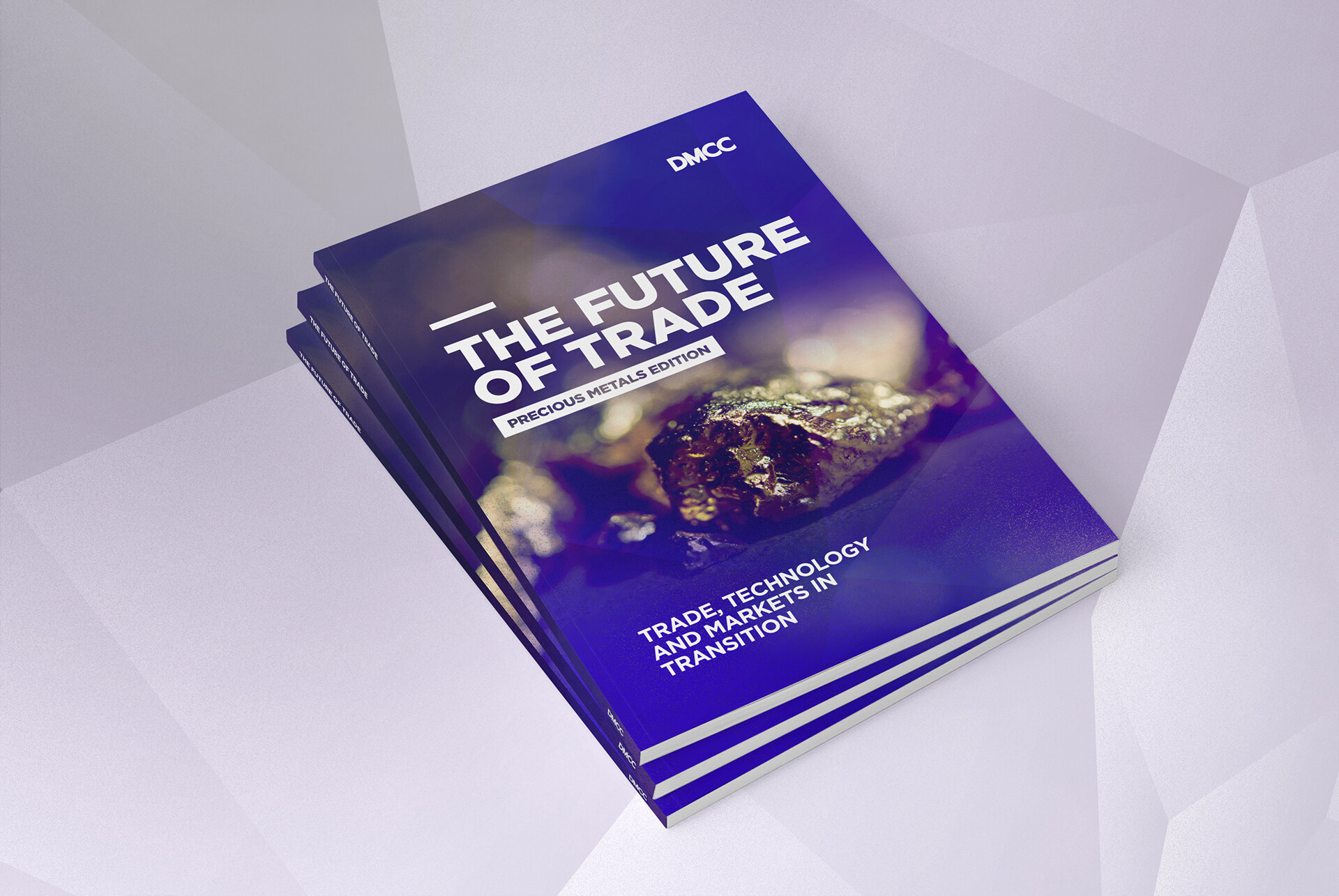
DMCC, the leading international business district that drives the flow of global trade through Dubai, today (November 18) released a special edition of its Future of Trade thought leadership report focused on the precious metals industry and the key trends shaping the global market for precious metals.
As a result of major shifts in the global gold trade, the report predicts the rise of an "Asian Century" for gold, with a particular focus on the development of a new gold economic corridor among BRICS nations, including the UAE, that can provide an alternative to traditional gold trade centres.
DMCC’s findings forecast the UAE becoming one of the most important hubs for the gold trade in coming years.
This position was significantly bolstered by the UAE leapfrogging the United Kingdom in 2023 to become the second-largest gold trade hub worldwide, with over USD 129 billion in total trade – a rise of 36 per cent on the past year.
DMCC Executive Chairman and CEO Ahmed Bin Sulayem said: "In recent years, we have witnessed historic shifts in the precious metals market, driven by Western sanctions that have forced record buying of gold by central banks and a rethink by many countries when it comes to their reliance on the US dollar."
"We are seeing a new gold corridor form across Asia, with Dubai at its centre – exemplified by the UAE’s rise to become the world’s second-largest gold trading hub last year. Our latest Future of Trade report underscores Dubai's pivotal role in this transformation, as we strengthen its position as the world’s leading precious metals hub, attract key industry players and support our members to unlock new growth opportunities," stated Bin Sulayem.
Feryal Ahmadi, Chief Operating Officer, DMCC, said: "Our latest Future of Trade report on precious metals is a vital resource for all stakeholders involved in the industry and sets the scene perfectly for the 12th edition of our Dubai Precious Metals Conference."
"As the report highlights, this is a time of opportunity and challenge, and as the gold industry navigates its place in a rapidly evolving landscape, we look forward to working with our members and partners as we continue to build the world’s premier ecosystem for the global precious metals trade from Dubai," he noted.
The report, titled "Trade, Technology and Markets in Transition," provides key insights into the current state of the global gold and silver markets.
The report highlights that geopolitical challenges including sanctions against Russia have shaken the global financial economy, prompting countries worldwide to reconsider their reliance on the US dollar and the safety of their gold holdings.
As a result, central banks worldwide have ramped up their gold purchasing activities and repatriated US-stored bullion to diversify away from the dollar, with some even using gold in lieu of the US dollar in trade transactions. This shift is driving gold prices to unprecedented levels, creating a ripple effect across the global economy, stated the report.
In response to these challenges, the UAE is emerging as a key player in the global precious metals market, leveraging its strategic location, robust regulatory framework, and advanced infrastructure to bridge East and West and reshape the gold trade.
The report also explores the growing importance of technological innovation within the precious metals market.
From AI-driven exploration and autonomous mining techniques to blockchain-based tracking systems and digital gold investment products, technology is playing a crucial role in reshaping how gold is sourced, traded and invested in, said DMCC in a statement.
The Future of Trade report outlines a number of important recommendations for governments and businesses to help drive the evolution of the industry and shape the next phase of its growth. These are:
*Enhance Transparency and Regulation: Governments, exchanges and refineries should strengthen gold provenance measures and ensure more transparency, with the UAE’s model of transferring oversight to government bodies serving as an example for stricter regulation and accountability.
*Facilitate Trade Liberalisation: Lower tariffs and remove customs barriers to combat smuggling, enhance liquidity and improve price discovery. Expanding trade agreements, like the UAE-India CEPA, and pursuing bilateral agreements will ensure smoother, more transparent trade.
*Support Formalising ASGM: Rather than banning ASGM gold, targeted finance, training and access to formal markets should be provided to improve safety, environmental standards and economic development while curbing smuggling.
*Invest in AI and Technology: Miners should invest in AI and advanced technologies to reduce costs, improve production and enhance ESG standards. Leveraging technology can also help artisanal miners eliminate mercury use.
*Boost Digital Innovation and Access for Emerging Markets: Investment companies and fintechs should develop digital products that enable small-scale and young investors in emerging markets to access gold trading, expanding market participation.
*Establish Global Standards for Digital and Blockchain Solutions: Industry participants should collaborate to create global standards for digital gold products and blockchain systems to improve transparency, eliminate pricing inconsistencies and reduce reliance on derivative products.
The report sets the stage for the upcoming Dubai Precious Metals Conference (DPMC), one of the most significant events in the global gold and precious metals industry.
The conference will bring together influential business leaders, government representatives, industry experts and other main stakeholders to discuss the future of the precious metals landscape.-TradeArabia News Service
